petya
Latest
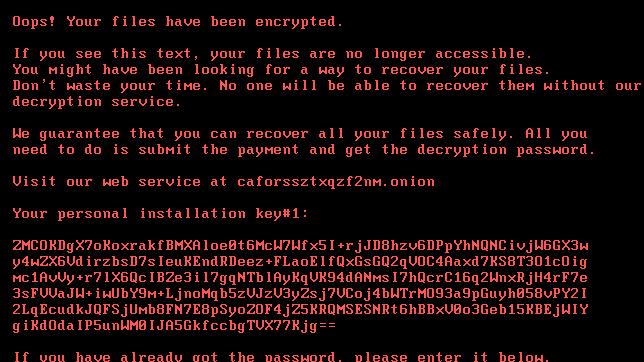
New ransomware is causing major issues across Europe and Russia
There's a new ransomware making the rounds today with confirmed targets in Russia, Ukraine, Turkey and Germany. Kaspersky Labs says that nearly 200 victims have been hit with the ransomware that's been dubbed Bad Rabbit.

The only way to stop another WannaCry is with regulations
It's been one week since the newest (and therefore scariest) cyberattack, which caused pandemonium across Ukraine and Russia before spreading to other countries. But that came only a few weeks after the WannaCry ransomware targeted Windows XP machines worldwide, which infamously held data from the UK's National Health Service hostage. You might think we've entered a new era of cyberattacks, one that could threaten all of the machines in your home and every internet-connected service you rely on.
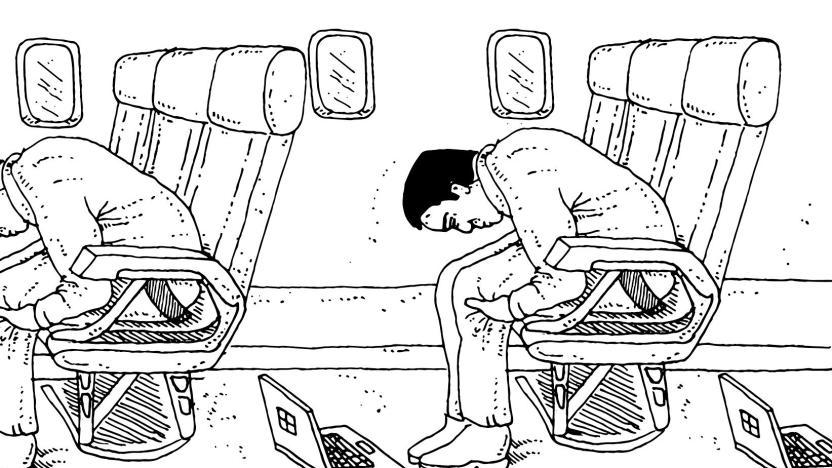
The hot new cyberattack that's sweeping the nation
On Tuesday, a powerful and terrifying new cyberattackworm emerged in Ukraine, quickly spreading to the Russian Federation and other countries no one cared enough to report on because they weren't the US. It was hard to tell which infection was worse: The cyberattack itself or the race to write and publish something (anything!) about it, framing it just like the last "massive" cyberattack explosion to hit the whole world.
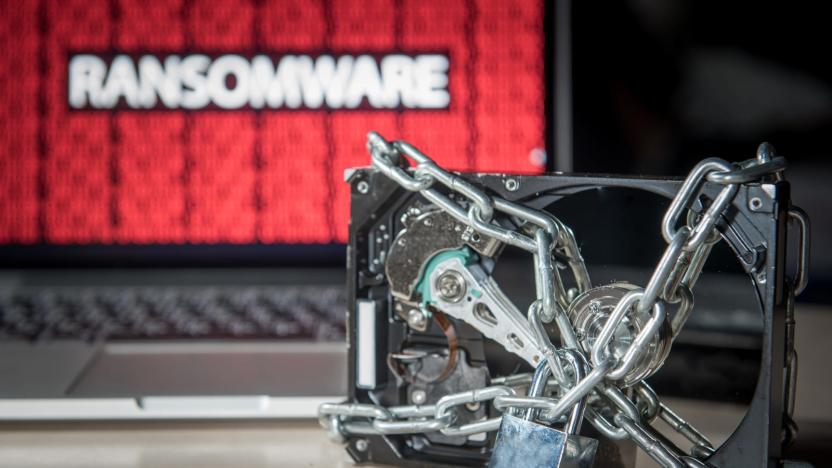
Recent 'NotPetya' attacks might not be ransomware at all
The companies and agencies hit by a cyberattack in the Ukraine, Russia, the US, parts of Europe, Asia and Australia might never be able to recover their data. See, some security researchers, including Kaspersky Lab, believe that the malware that invaded those computers was only masquerading as ransomware in order to lure the media into covering it as a follow-up to the WannaCry incidents. While its developers painstakingly tried to make it look like ransomware, the researchers say it's actually what you call a "wiper," since it overwrites parts that a disk needs to run. It doesn't encrypt those parts, so you can regain access to them after you pay -- it just completely erases them.
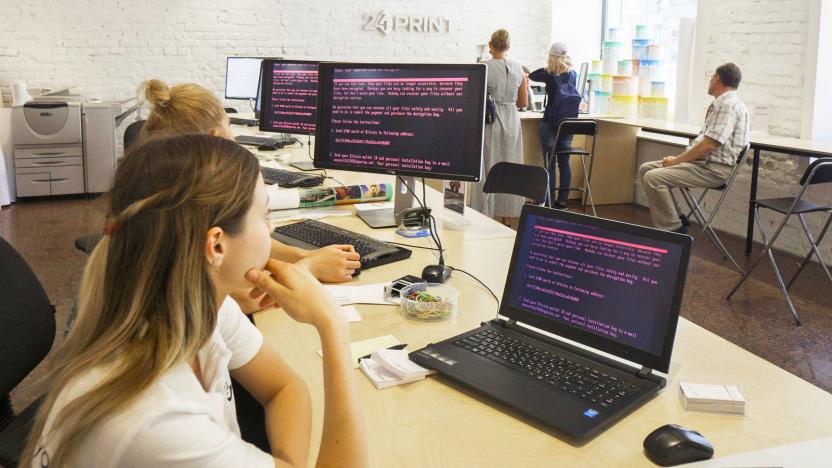
US hit by cyberattack that targeted Ukraine and Russia
Yesterday, a number of Ukrainian and Russian companies and state agencies reported being hit by a cyberattack, the results of which ranged from flight delays at Boryspil airport to a shutdown of Chernobyl nuclear power plant's automatic radiation monitoring system. And while those two countries took the brunt of it, the virus at the root of the attack quickly spread throughout Europe and to Asia, Australia and the US.
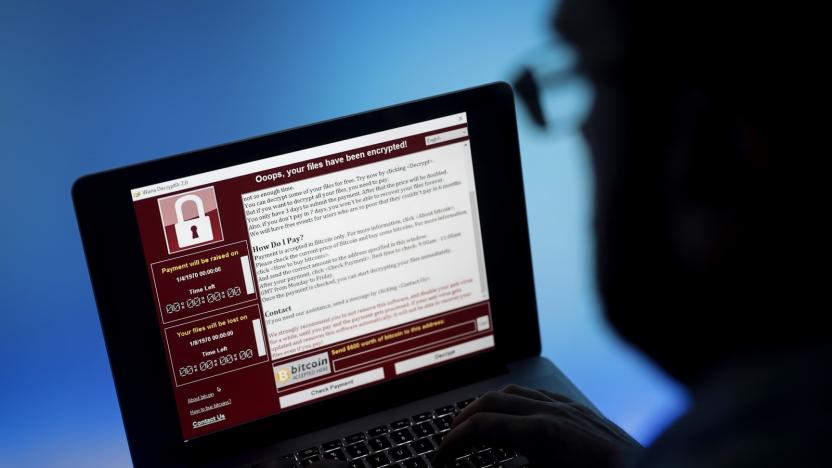
Large-scale cyberattack is spreading through Russia and Ukraine (updated)
A large-scale cyberattack is working its way through a number of Ukrainian and Russian targets today. So far, in Russia, oil producer Rosneft and metal company Evraz have been affected by the attack. In Ukraine, Boryspil airport, the banking system, a state power distributer and even the Ukrainian government have been hit.
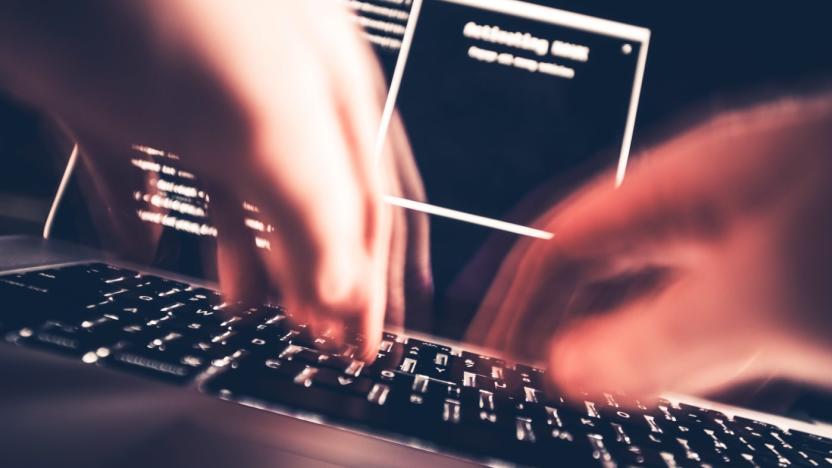
Experts crack nasty ransomware that locks your PC and your backup
Petya, a brutal piece of malware, surfaced two weeks ago. It's a mean bit of crypto-extortion that hits its victims where it hurts: right in your startup drive. Because it encrypts your master boot file, if attacked, not only will you be unable to start up your PC and not even access your startup disk. Eeesh. Fortunately, there's help. Leostone has come up with a tool that creates the password needed to unlock your startup disk. It's not all that simple, however.




